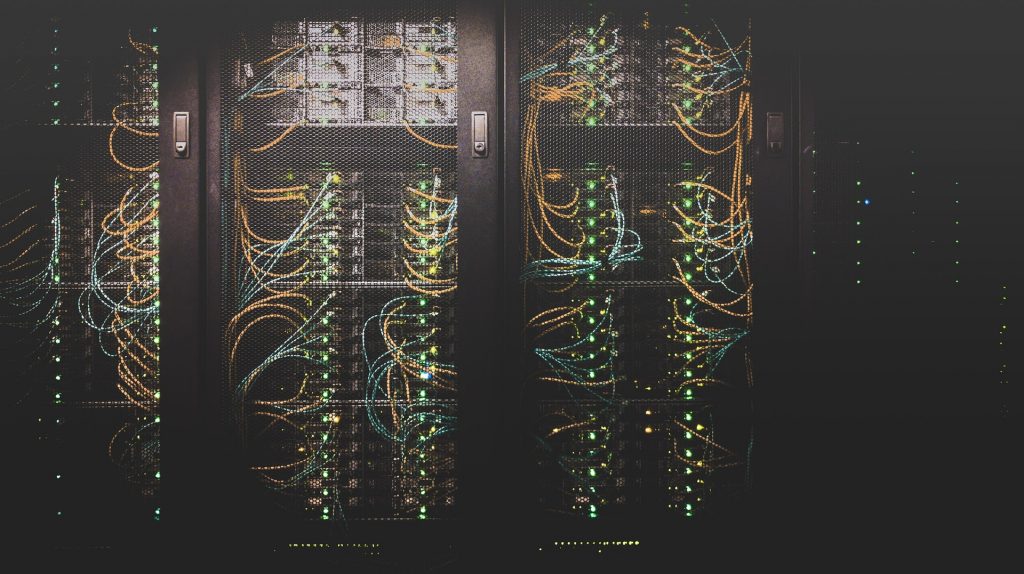
In a post lockdown world do you still need servers?
In a post lockdown world do you still need servers?
Do you still need servers in a cloud computing world?
The simple answer is yes – in this article, we’re going to outline precisely why sometimes a server is still needed to perform certain critical IT-related services in your technology stack.
It wasn’t so long ago when servers were the norm. Almost every single business had at least one server. Since the rise of cloud platforms by both Microsoft and Google, the need for servers has diminished.
They are costly and require support. However, there are some critical tasks servers perform that many cloud services can’t yet handle.
1) Network storage
Sometimes it useful to have your data onsite. Usually, the case if you use large files regularly.
Video and graphics design studios need access to files locally for editing before publishing. The RAW formats can take up a large amount of space. Cloud file storage is not ideal for large files as it takes time to download and upload.
There are workarounds – for example, Microsoft Onedrive which works in the background and will allow you to continue to work but ask and video editor and they swear by local storage.
2) IT Management
Ask any old school IT professional, and they’ll tell you the benefits of a “domain controller”. A type of server that can help manage an office IT environment.
They are used to authenticate users against their devices and control what users have access to what data.
Microsoft’s cloud solutions are starting to creep into the management territory where domain controls reigned supreme. Things like group policies which allowed IT professional to fine-tune user devices can now be managed in the cloud depending on what type of Microsoft license you’ve got set up.
However, domain controllers are handy if you’ve got a lot of users in one place.
3) The hybrid solution.
Many see the cloud as a risk – the truth is the majority of cloud computing solutions have many more benefits than risks however using a combination of both in a hybrid solution can help reduce many perceived risks.
A perfect example of this is in cloud backup solutions. You might have a set of local servers that contain company data. That data is essential, and you need to have it backed up and taken off-site.
This is where a two-tier hybrid solution can assist. A local backup and a cloud backup are taken on a daily basis.
With cybersecurity being so critical now – having the peace of mind that your data is being backed up in two locations is helpful.
If you would like to know more about how we can help design a modern It environment for your business, then reach out to us.
Comments are closed.